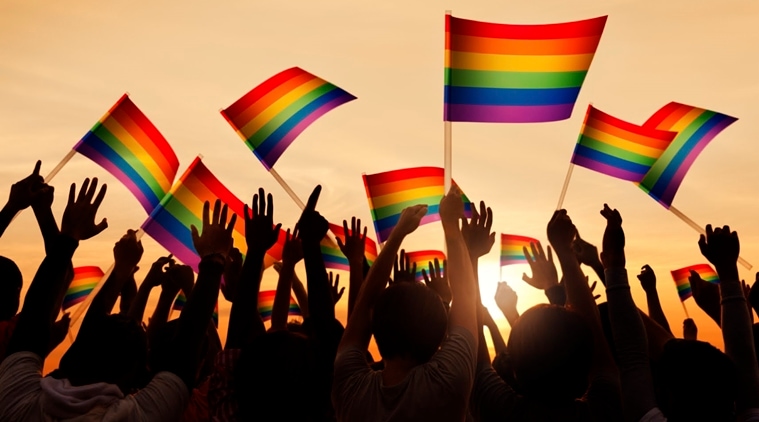Beyond Section 377
India’s sexual minorities need not only decriminalisation but rights and protections

The Supreme Court is presently hearing a clutch of petitions to strike down Indian Penal Code Section 377, which criminalises same-sex relations between two consenting adults in private
One of the lowest moments for human rights in India came in 2013 when the Supreme Court reversed the progressive 2009 judgment of the Delhi High Court reading down Section 377. As arguments recently reopened on the curative petition against this 2013 judgment, India’s LGBTQI community is hopeful. Though supportive in its initial observations, surprisingly, the Supreme Court has also said that it will concern itself only “with the question of the validity of Section 377, and examine the correctness of the Supreme Court’s 2013 judgment”. This was in response to the issue of the broader rights for sexual minorities that came up in the arguments. This approach is, at best, a limited one as it tries to interpret a broader human rights and justice issue as a matter of pure constitutional validity.
The law is not abstract and it’s important to consider how insufficient law impacts the lived experiences of human beings. Instead of focusing on the question of validity alone, the Court also needs to concern itself with how current laws impact the lives of the LGBTQI community. The Court need only to turn to precedent — a remarkable and comprehensive 2014 judgment granting India’s transgender community the right to be recognised as a third gender category with accompanying legal rights. This judgment stands as a reminder that rights that ensure inclusiveness, equality, and freedom are the fundamental values of this republic.
There is also the matter of the Court’s own precedent in another recent ruling — one that found in favour of individual privacy — in the case of Puttaswamy vs Union of India which terms “sexual orientation” an essential attribute of “identity” and “privacy”. It terms discrimination on the basis of sexual orientation as deeply offensive to the “dignity and self-worth of the individual”. It terms the rights of India’s sexual minorities as those “founded on sound constitutional doctrine” effectively making Section 377 unsustainable. In principle, it maintains that sexual orientation must be protected and lies at the heart of the fundamental rights guaranteed by the Constitution under Articles 14, 15 and 21.
The Court now needs to concern itself with a broader question: What is freedom in the absence of a formal set of legal rights and protections? It needs to expand the ambit of this discussion to include other issues such as the right to form partnerships, inheritance, employment equality, protection from gender-identity-based discrimination, and so on. Instead of merely considering the petition as a narrow legal matter, it should examine the issue from the perspective of an institution that is committed towards ensuring equality for all. Without these rights, sexual minorities will continue to face unequal treatment, abuse, discrimination in workplaces and housing, violence, and denial of recognition.
The Court should also consider closely the fact that individual dignity and freedom cannot be achieved without equal rights. Failure to use a rights-based approach also has serious social repercussions. There is sufficient evidence to show that suicide rates are higher among sexual minorities. Moreover, this lack of rights and protections feeds a homophobic culture that overemphasises and empowers patriarchy and masculinity. The Court should be invested in eroding forms of patriarchy. Because of widespread homophobia, gay men and women create and inhabit sub-cultures of self-hate, internalised homophobia, and oppression. Public health evidence also indicates a clear relationship of a lack of social acceptance and legal rights with substance abuse, violence, isolation, and mental illness. Finally, a rights-based framework is intricately tied up with India’s quest for social and economic development.
It’s time the Court recognised that India’s sexual minorities need not only decriminalisation but rights and protections that help them build productive lives and relationships irrespective of gender identity or sexual orientation. They need an anti-discrimination law that empowers them and places the onus on the state and society to change. By expanding its ambit, the Court has the power to positively affect the lives of millions of Indians, many of whom live vulnerable and disempowered lives in the legal and social structures.
The Court knows well that Section 377 is inhumane. It is disingenuous to say that its only concern is the law’s constitutional validity. It is time now for the Court to safeguard the human rights of sexual minorities with an open and reassuring discussion of their rights — one that engages every Indian and reinforces ideas of justice, equality and liberty for all.
The writer is a public health expert
For all the latest Opinion News, download Indian Express App







































No hay comentarios:
Publicar un comentario